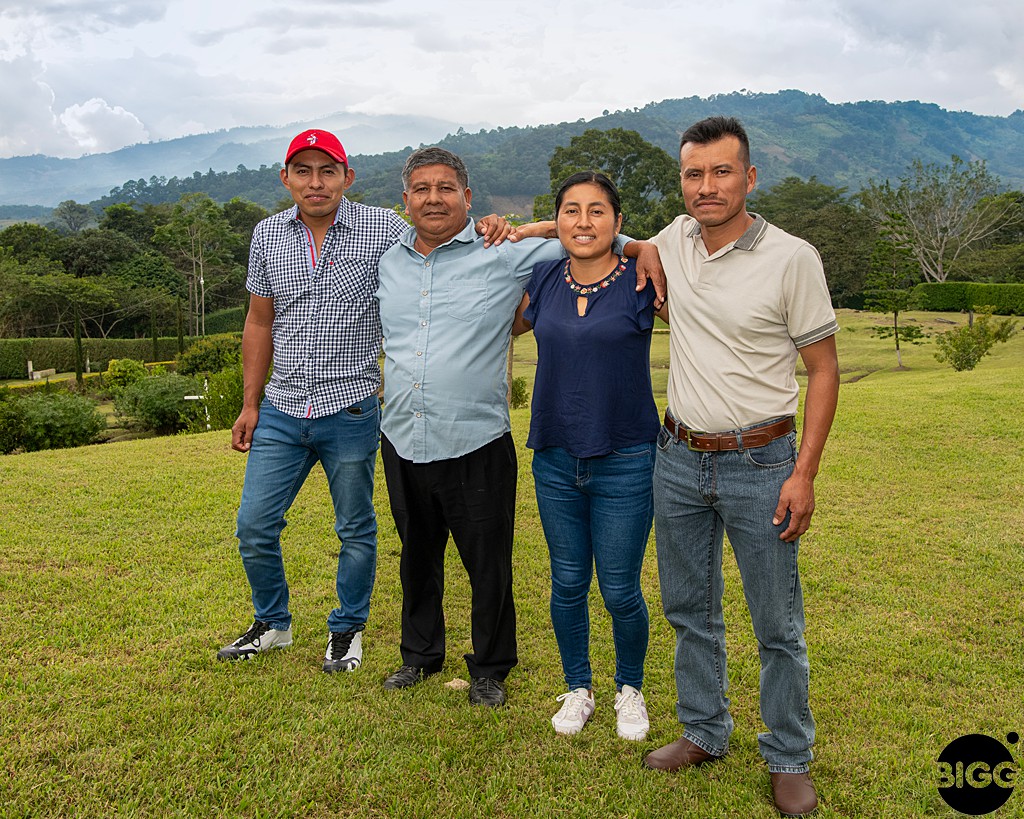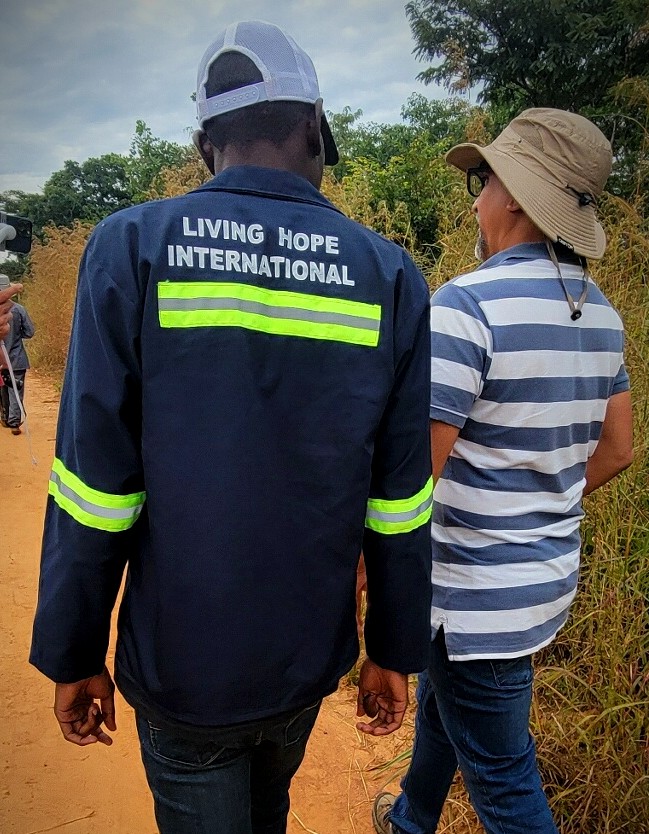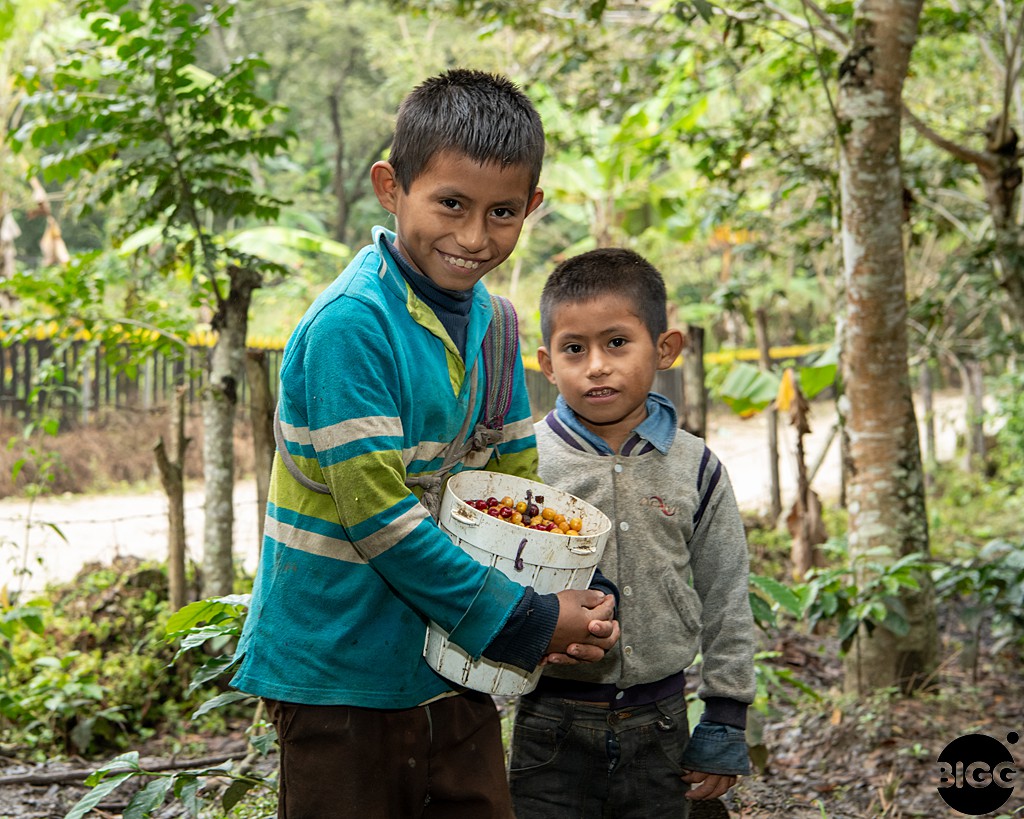By Michelle Fish
It’s been about four years since Bob and I took up the mantle of OBIIS for BIGGBY COFFEE on its mission for coffee sourcing to be 50% Farm-Direct by the end of 2023, and 100% Farm-Direct by 2028. Since then, we’ve been hopping on airplanes to far flung places in search of coffee producers doing the right things for their people, the planet, and their larger communities.
And since then, we have been barraged by countless questions about the hows and whys of all this travel. Strangers, friends, family members, colleagues, neighbors… they all have questions.
There are two themes, however, that keep coming up, in one form another: what do you eat when you’re out there? And, how do you know you’re safe?
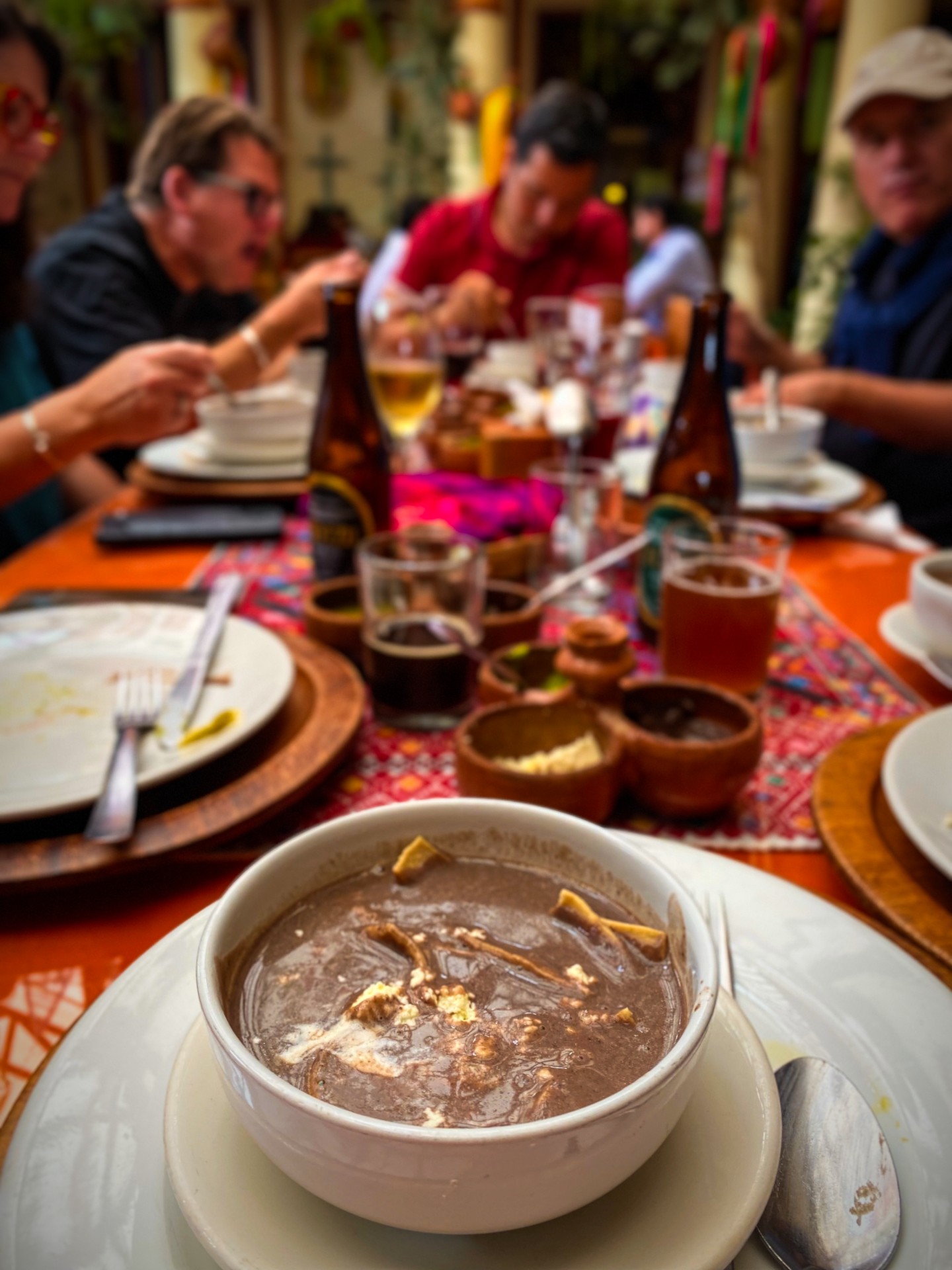
What do you eat?
The answer to the first one is easy… whatever they feed us. We always eat what the farmer and the farm workers eat. And, oh my, we’ve had some incredible meals. We’ve occasionally had a few things that were hard on my 57-year old digestive tract. But we are still grateful for the adventure of every meal and every journey, and we’re always up for the new experience. You can read more about the food in just about every blog post we do from the road. I confess, I’m obsessed.
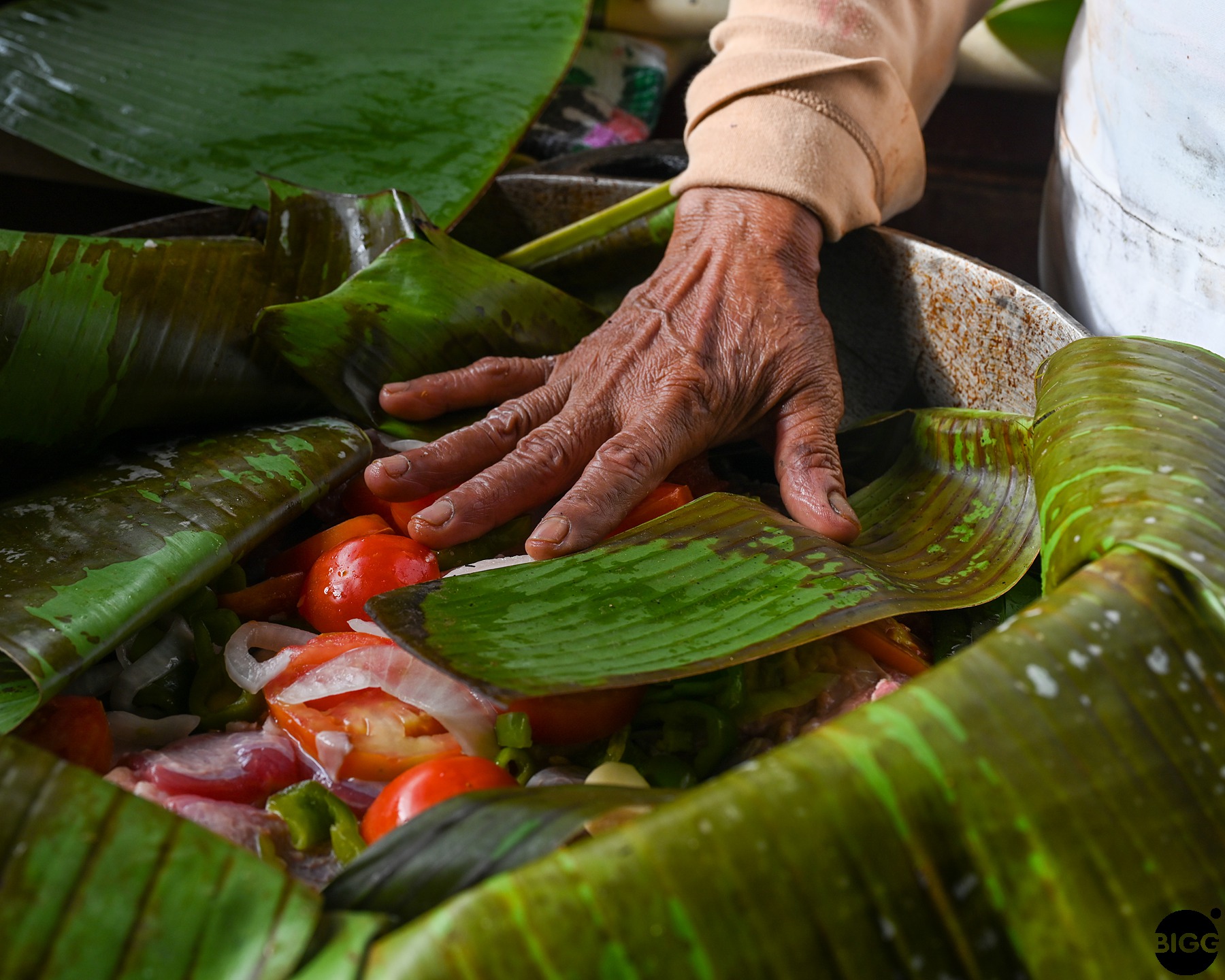
How do you know you’re safe?
The second question is more complicated. Frankly, we don’t know we’re safe. Not with 100% certainty. Sometimes, we travel to countries that the US State Department would advise us against visiting. In fact, as I write this, we are on way to one now. We are headed to Honduras, and it is a Level 3 (reconsider travel) country.
Coffee is produced in some of the poorest countries in the world. And while it isn’t a given that societal poverty equals political and social instability, they do sometimes go together.
Even in countries that are considered “safe,” there’s always the question about what happens if we get injured or need medical attention.
Don’t get me wrong, we’ve definitely had a few touch and go experiences – check out our BUMPS IN THE ROAD section of the blog if you don’t believe me.
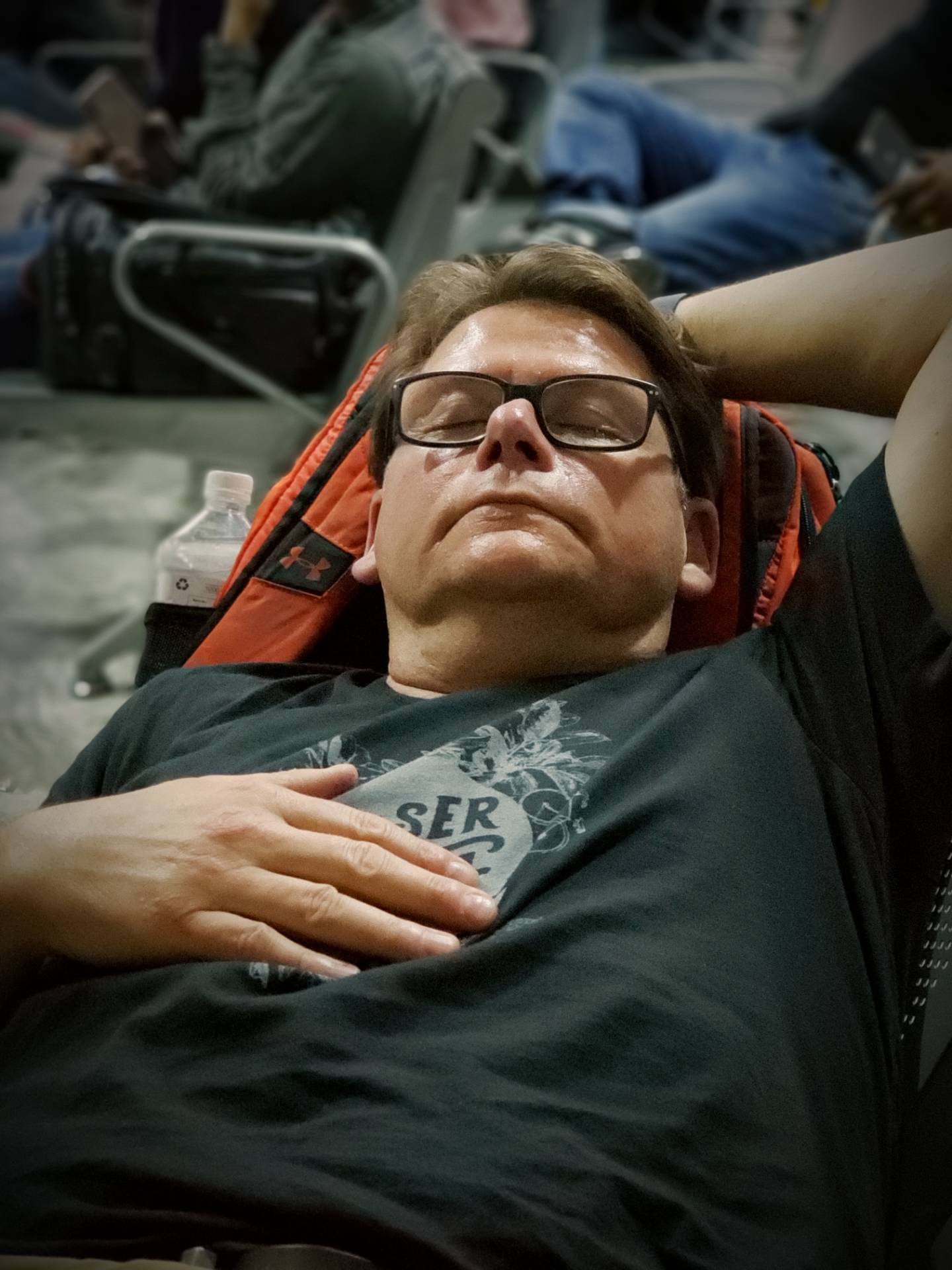
Bob asleep at the Bhartpur Airport in Nepal during one of our crazier bumps in the road moments.
We aren’t blind to the fact that there are risks. We take precautions, like doing our best not to draw too much attention to ourselves. No flashy clothes or jewelry. Of course, if you know us well personally, you know that (short of date night) we’re a lot like that at home, too.
We pack light, travel in hiking pants and t-shirts, and make sure we bring a supply of food and water for ourselves to get us through a day or two of “trouble.” Oh, and back up battery power supplies for our phones and computers. Because it’s easier for me to imagine navigating a day without food than it is a day without electronic devices. What a world.
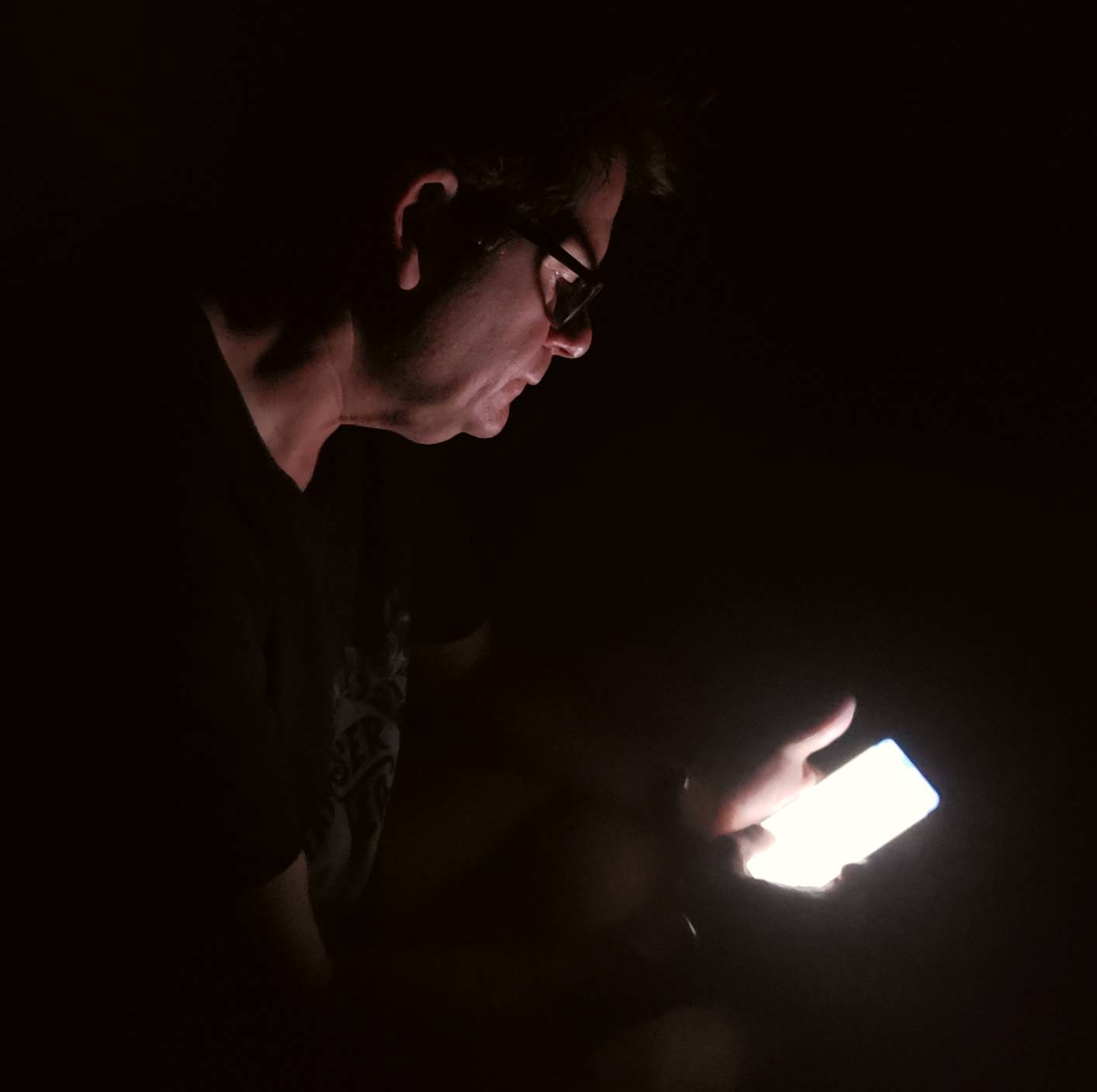
We also always have gallons of sunscreen and bug repellant with us. We make sure we’ve had all of the recommended vaccinations. And we bring any additional preventative medication our doctor recommends.
But that’s not usually what people mean when they ask “how do you know you’re safe?”
The Secret Ingredient
These things are sensible, good, and necessary. But they aren’t the reason we feel safe. Safe enough to put ourselves out there in what other people might consider to be in harm’s way. Our safety is actually and explicitly out of our hands entirely. We feel safe because we trust our hosts. We trust the journey.
By the time we are “boots on the ground,” we have already begun to develop a relationship with our hosts that is based on shared values and shared goals. A shared world-view. A mutual deep love of people and coffee. There’s no algorithm. There’s no mathematical model. It’s based on instinct, experience, and a leap of faith… otherwise known as trust.
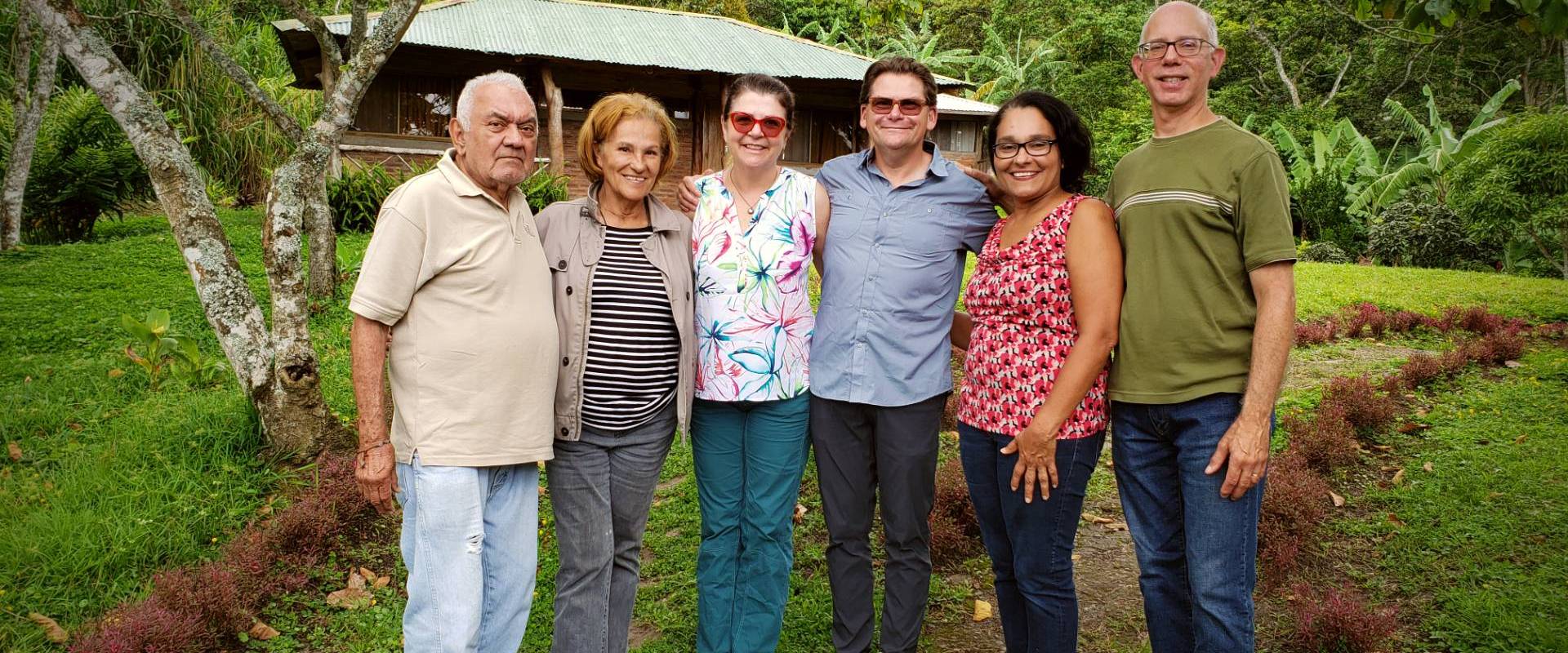
Our first visit to the El Recreo Coffee Estate in Nicaragua in July of 2019.
How it works
When we arrive in country, we are always scooped up at the airport by our host. They are local, and they know the environment better than any preparation we could do on our own behalf. They are vested. They, too, feel the potential for opportunity in our partnership. And they want to share their world, their farm, their vision for their people, with us.
In many places where there is political instability, that is often most prevalent in cities. Which isn’t to say that rural areas are immune. You don’t have to look past our own (the US’s) borders in recent memory to get a sense of that.
But we are on a coffee farm, usually hundreds of miles away from the nearest major city. With producers who have typically been in those communities for a very long time. The local people know them. And we are under their aegis, a fancy word for protection.
While we’ve had a few bumpy moments when we’re not in that ecosphere, we’ve never had one in it – under the protection and shelter of the grower.
Side note
By the way, this is true not just about how physically safe we feel, but also about the food. In a hotel in a developing country, we might avoid fresh produce, ice cubes, and non-bottled water. The only time we ignored our own advice on that, and Bob got a drink with ice cubes in it… well, let’s just say we all suffered the consequences.
But when we are with our hosts, we eat and drink what they give us, because we trust them. To date, that has always paid off in deliciousness, deep friendship, and understanding.
We have learned to both treasure and trust the journey.


